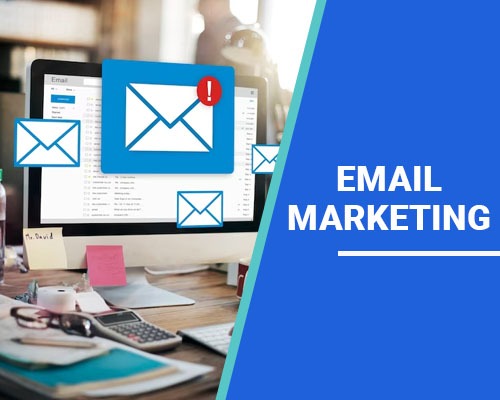Email Marketing Platforms:
Email marketing platforms are software solutions that enable businesses to create and manage email campaigns with ease. They offer features such as email templates, list management, segmentation, automation, analytics, and reporting. These platforms make it easy for businesses to create professional-looking emails and send them to their subscribers quickly.
List management is an important feature of email marketing platforms that allows businesses to segment their email list based on factors like subscriber behavior or demographics. This helps businesses create targeted campaigns that are more likely to drive conversions. Automation is another key feature that enables businesses to set up automated email campaigns triggered by specific subscriber behavior or time-based triggers.
Email marketing platforms also provide analytics and reporting tools that offer insights into campaign performance, including open rates, click-through rates, and conversions. This helps businesses optimize their campaigns for better results.
Marketing Automation Tools:
Marketing automation tools are software solutions that allow businesses to automate their email marketing campaigns. These tools use triggers such as subscriber behavior or time-based triggers to send targeted, personalized emails to subscribers. Marketing automation tools can also help businesses manage their leads, score leads based on their likelihood to convert, and deliver personalized content based on subscriber data.
One of the key benefits of marketing automation tools is their ability to nurture leads and move them through the sales funnel. By delivering targeted content to leads at the right time, businesses can increase the chances of converting them into paying customers.
Marketing automation tools also offer advanced personalization features that can help businesses deliver highly targeted and relevant content to their subscribers. These tools can use subscriber data such as their interests, location, or behavior to deliver personalized emails that are more likely to resonate with the recipient.
Email Service Providers (ESPs):
Email service providers (ESPs) are third-party platforms that allow businesses to send bulk email messages to their subscribers. These platforms typically offer features such as email list management, email templates, and email tracking.
One of the key advantages of ESPs is their ability to handle large volumes of email messages. This makes them an ideal solution for businesses with large email lists or those that need to send a high volume of emails on a regular basis.
ESP platforms also typically offer a variety of email templates that businesses can use to create professional-looking emails quickly and easily. This can save businesses time and effort in creating their email campaigns.
CRM Email Marketing:
CRM email marketing is an approach to email marketing that involves using customer relationship management (CRM) software to create targeted and personalized email campaigns. This approach leverages the data and insights stored in a company’s CRM system to deliver highly targeted and relevant content to subscribers.
One of the key benefits of CRM email marketing is its ability to deliver personalized content to subscribers. By using data such as purchase history, demographics, and customer behavior, businesses can create highly targeted email campaigns that are more likely to resonate with their audience and drive conversions.
CRM email marketing also allows businesses to manage their email campaigns more efficiently. By integrating their CRM software with their email marketing platform, businesses can automate tasks such as list segmentation, email personalization, and triggered emails based on specific customer behavior.
Transactional email services:
Transactional email services are automated emails triggered by specific customer actions, such as a purchase confirmation or shipping notification. These emails typically have high open and click-through rates, making them an important part of any email marketing strategy.
One of the key benefits of transactional email services is their ability to provide timely, relevant information to customers. By automating these emails, businesses can ensure that customers receive important information quickly and without delay.
Transactional email services can also be used to drive customer engagement and build brand loyalty. For example, businesses can include personalized recommendations or special offers in their transactional emails to encourage customers to make additional purchases or engage further with the brand.














